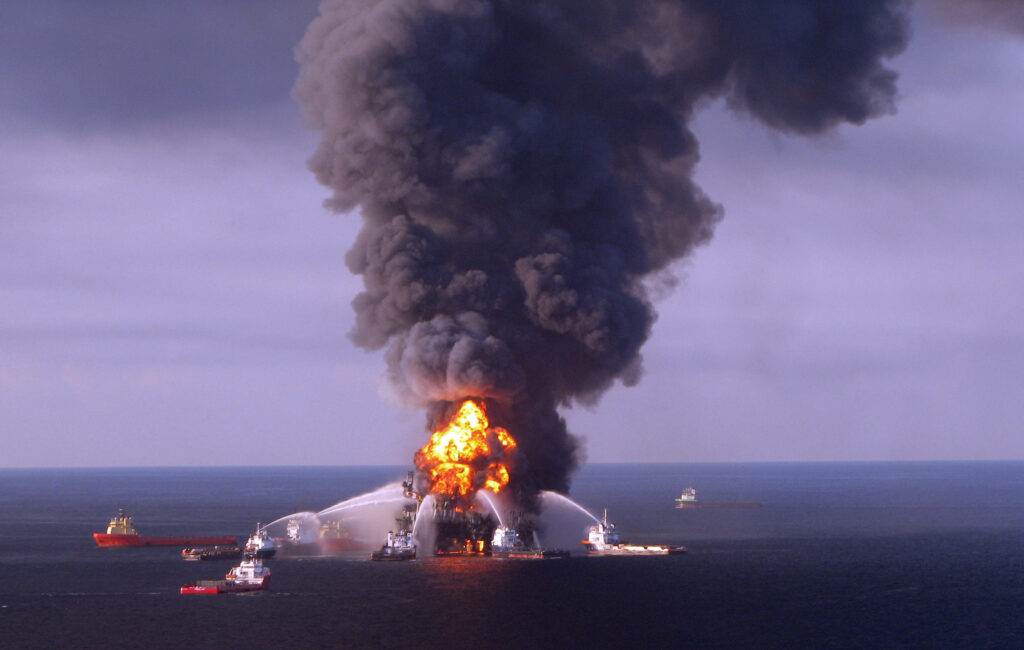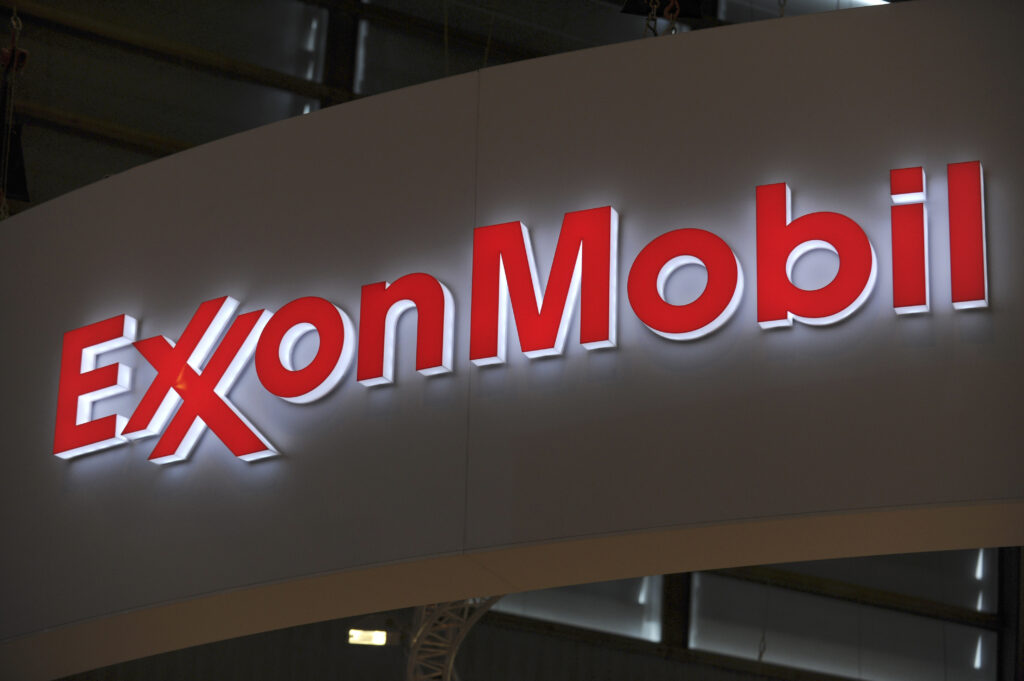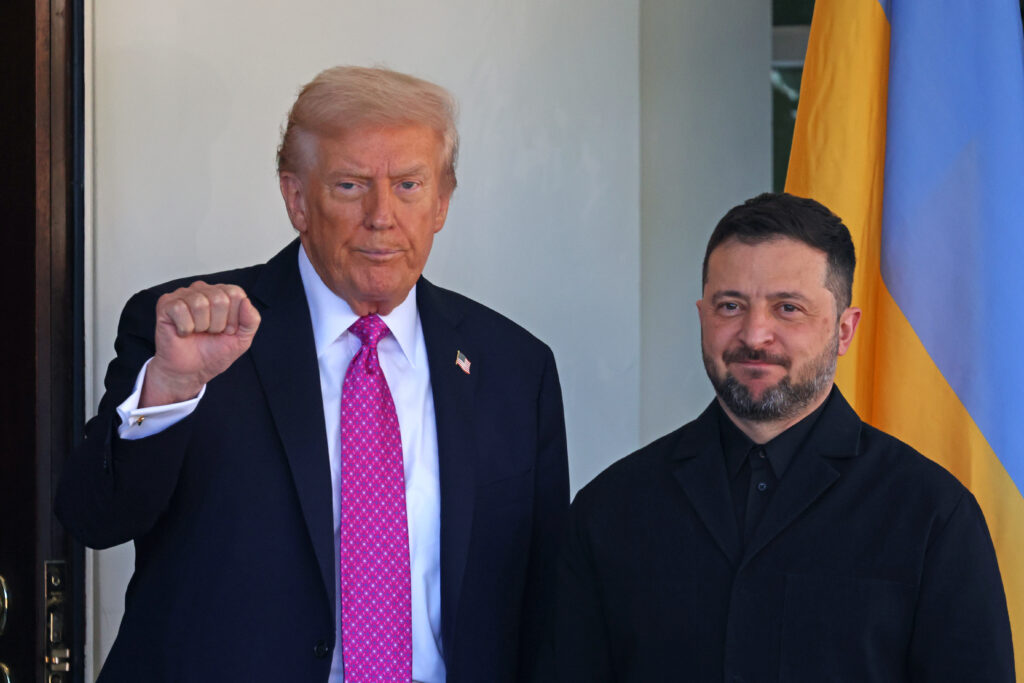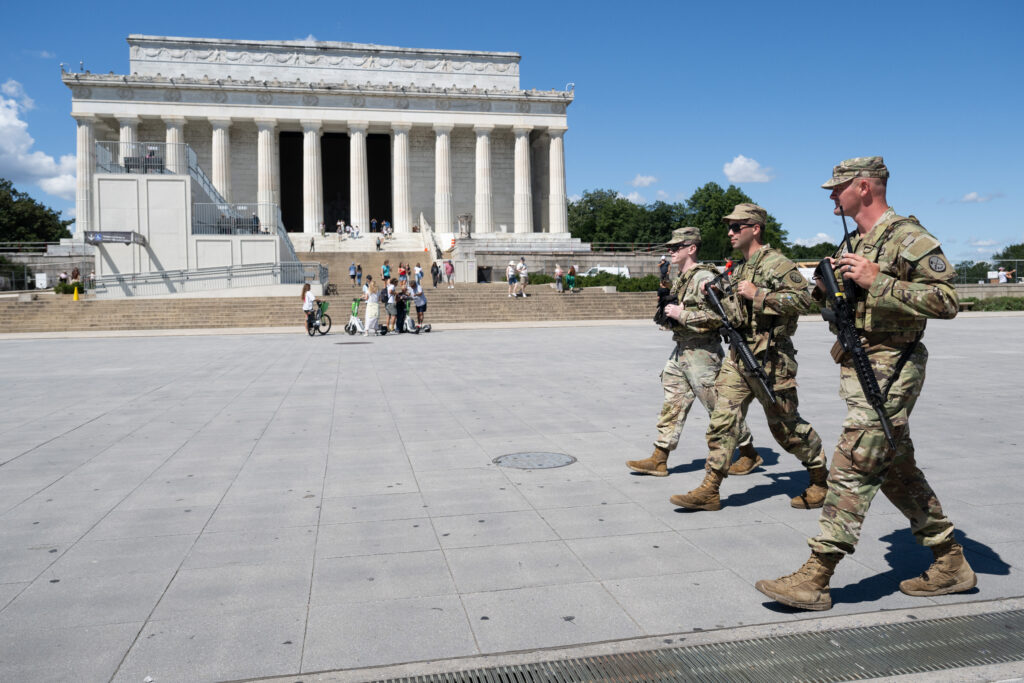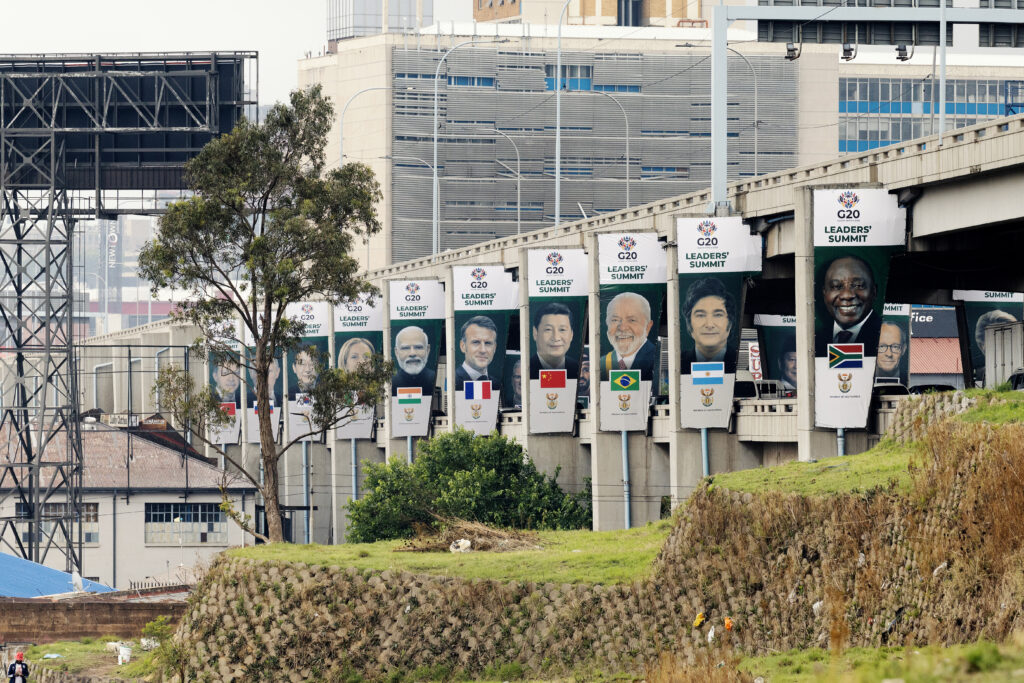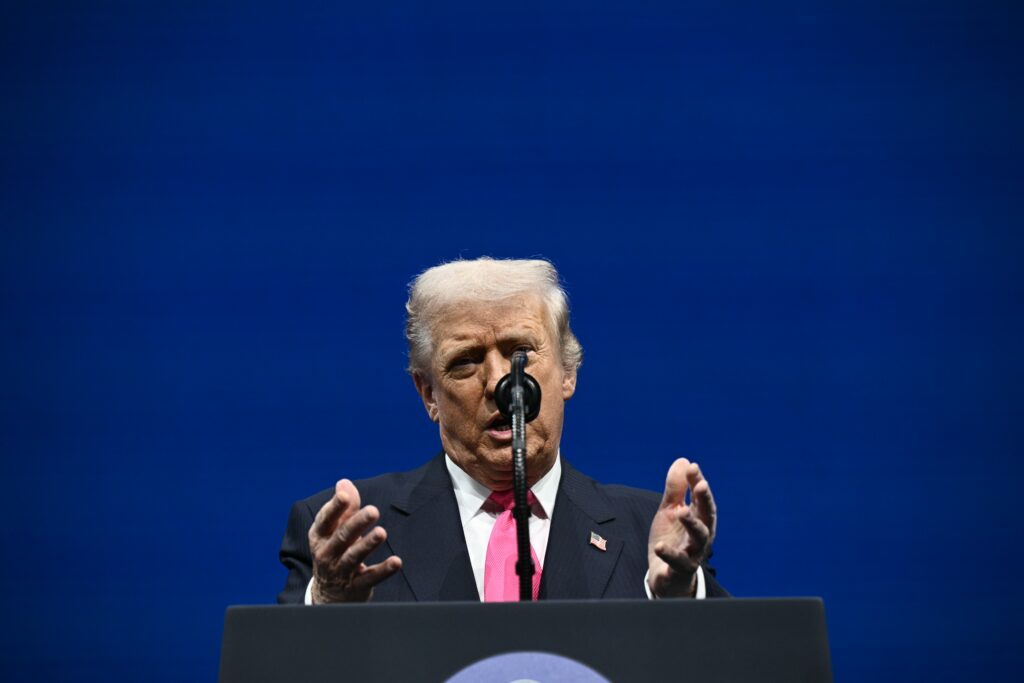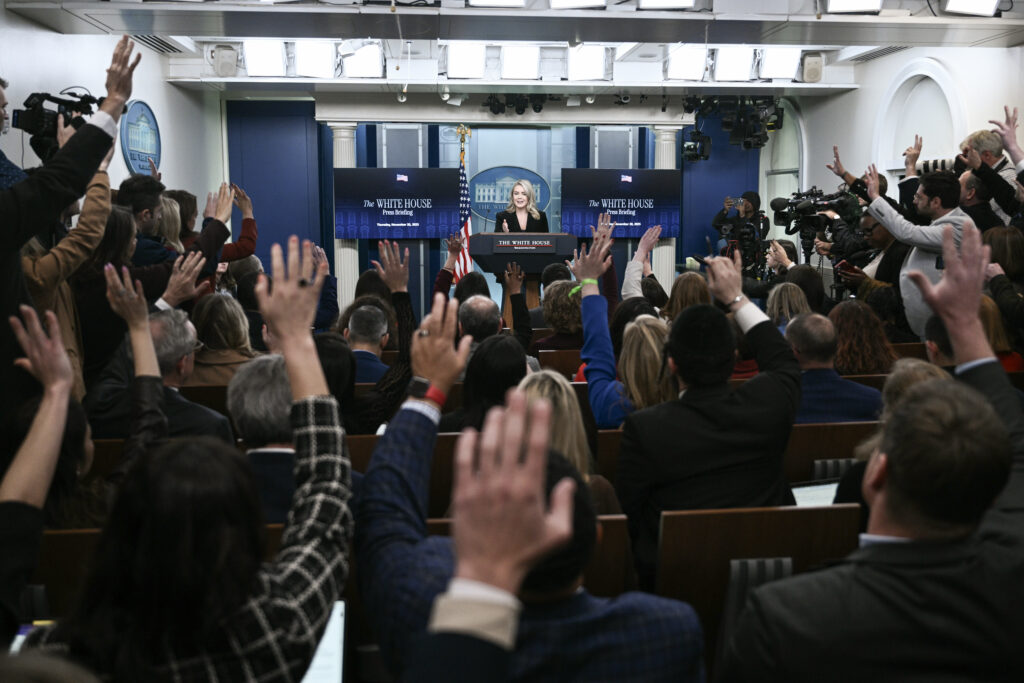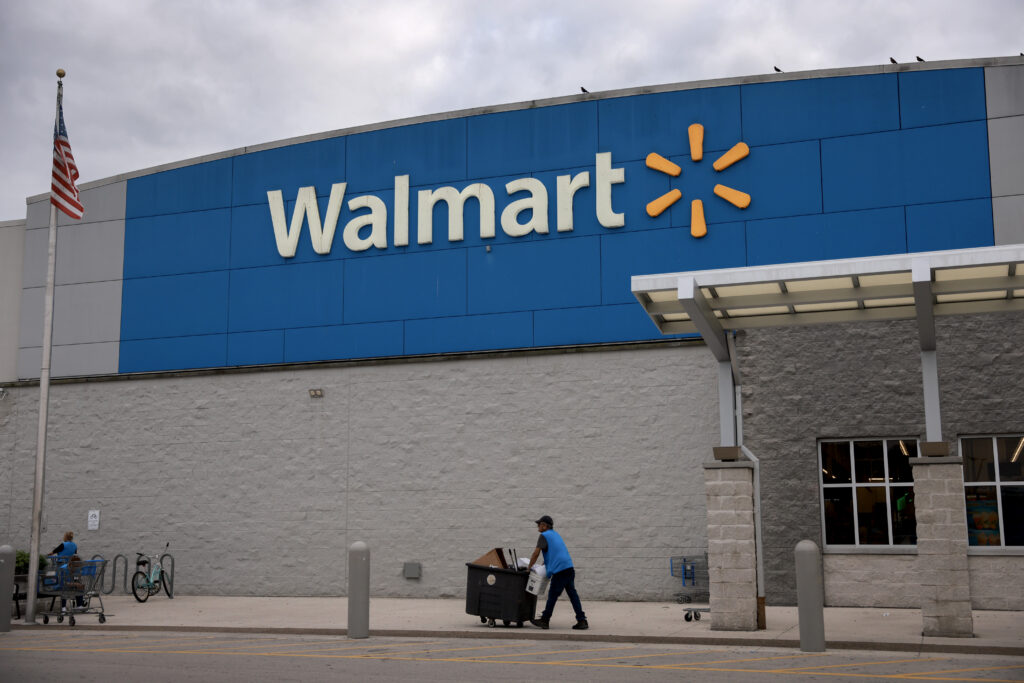A US plan backed by President Donald Trump to end Russia’s war in Ukraine is “good” for both sides, the White House said Thursday, rejecting concerns that it echoes many of Moscow’s demands.Trump’s special envoy Steve Witkoff and US Secretary of State Marco Rubio had been “quietly” working on the plan for a month, Press Secretary Karoline Leavitt said.”It’s ongoing and it’s in flux, but the president supports this plan. It’s a good plan for both Russia and Ukraine, and we believe that it should be acceptable to both sides,” she told a briefing.Ukrainian President Volodymyr Zelensky, who met in Kyiv with a Pentagon delegation headed by US Army Secretary Daniel Driscoll, said any deal to end Russia’s invasion must bring a “dignified peace”, with “respect for our independence, our sovereignty”.Zelensky’s office said he expected to discuss the points with Trump in the coming days.On the ground, Russia claimed to have recaptured the key city of Kupiansk in eastern Ukraine, as President Vladimir Putin visited an army command post to speak with officers about the situation at the front.The Ukrainian army denied Russia had retaken Kupiansk, which Kyiv lost to Moscow the day it launched its invasion in 2022, then wrested back.Here’s what we know about the US plan:- Territory – Details of the plan, reported to contain 28 points, have been covered widely by Western media, and a senior source familiar with the matter also shared some aspects with AFP.What is known suggests Ukraine is being asked to concede to Russia’s key demands, while appearing to get very little in return.On territory, the plan calls for the “recognition of Crimea and other regions that the Russians have taken”, the source said.Russia’s army occupies around a fifth of the country — much of it ravaged by years of fighting.The Kremlin claims to have annexed five Ukrainian regions — Donetsk, Lugansk, Zaporizhzhia and Kherson in 2022 and Crimea in 2014.Moscow has previously demanded that Ukraine completely withdraw its troops from the Donetsk and Lugansk regions, in exchange for freezing the front line in the southern Zaporizhzhia and Kherson regions.Ukraine has said it will never recognise Russian control over its land, but has conceded it might be forced to get it back through diplomatic means.Ceding territory in the Donetsk and Lugansk regions that Ukraine still controls could leave Ukraine vulnerable to future attacks by Russia.”It is a matter of our country’s survival,” Zelensky said recently.- Army and weapons -The plan calls for Ukraine to reduce its army to 400,000 personnel, cutting its military by more than half, the same source told AFP.Kyiv would also be required to give up all long-range weapons, the source added.Other media reports said there would be a complete ban on Western troops being deployed to Ukraine.That fits with previous Russian demands that have been made public and goes against what Ukraine has cast as red lines.The proposal also reportedly includes vague provisions for Ukraine to negotiate some kind of security guarantees with the United States and Europe.Ukraine wants concrete Western-backed assurances, ideally in the form of NATO membership or similar defence guarantee and a European peacekeeping force, to prevent Russia from invading again.- Whose plan? -The contents of the plan have fuelled suggestions that Russia was involved in drafting it.US media outlet Axios reported it had been drawn up by the Trump administration in secret consultation with Moscow.”It seems that the Russians proposed this to the Americans, they accepted it,” the senior source told AFP.”An important nuance is that we don’t understand whether this is really Trump’s story” or “his entourage’s”, the official added.After the plans were first reported, Rubio said “a durable peace will require both sides to agree to difficult but necessary concessions”.Since returning to the White House, Trump’s position on the Ukraine war has shifted dramatically back and forth. Over 2025, he has gone from calling Zelensky a “dictator” to urging Kyiv to try to reclaim all the land captured by Russia and hitting Moscow with sanctions.- Invigorating diplomacy? – Ukraine said the United States had told it the proposal “could invigorate diplomacy”.Zelensky confirmed the US delegation visiting Kyiv had presented the plan, but did not give details.The Kremlin said it had nothing to say when asked about reports on the plan.The EU’s top diplomat, Kaja Kallas, said any peace settlement must have the agreement of both Kyiv and Brussels.”We have to understand that in this war, there is one aggressor and one victim. So we haven’t heard of any concessions on the Russian side,” she added.

